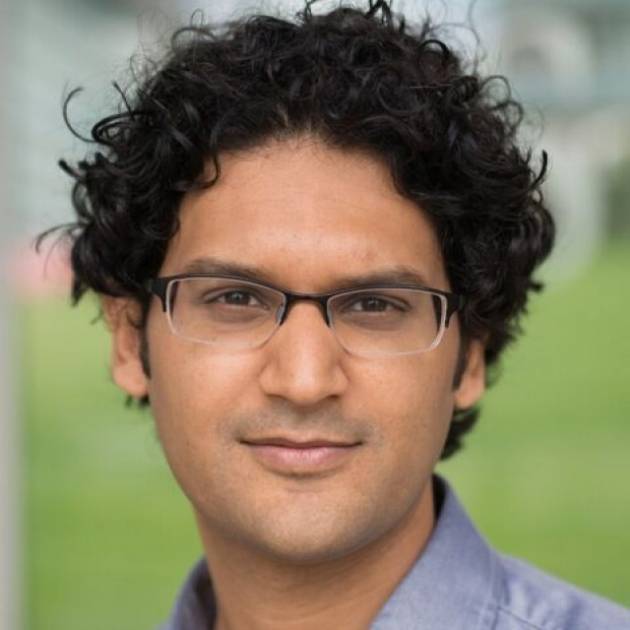The Summer Olympics in Tokyo will officially begin Friday with one notable absence: spectators. The decision to go on with the Games but to forbid fans was announced by organizers earlier this month as a resurgence of COVID-19 prompted Japan to declare a state of emergency in the capital city.
The 11th hour shift in policy will deny Tokyo the colorful fanfare typically seen in Olympic host cities and cost organizers an estimated $800 million in ticket revenues. But how will it affect the more than 11,000 athletes expected to compete in these Games, which were already delayed for a year by the coronavirus pandemic? What impact will the empty venues have on their performance at what for many will be the most significant moment of their athletic careers?
For insight, the Hub spoke with Vikram Chib, associate professor in Johns Hopkins University’s Department of Biomedical Engineering whose research looks at how motivation—a stadium packed with cheering spectators, for example—drives motor actions and performance. His past work has looked at the brain science behind athletes choking under pressure, and also how having an audience can make you perform better.
We spoke with him about what to expect from athletes at the Tokyo Olympics and his current research, which is looking at where intrinsic motivation comes from.
What impact would you expect the absence of spectators to have on athletes, particularly elite athletes like we will see at the Olympics?
Spectators are a form of motivation—it’s an incentive, right? People cheering you on, it gets you amped up, or it could make you nervous. But I think that when people are very skilled and highly trained, as these athletes are, and they’ve been doing it as long as they have been, I don’t think it will make a big of a difference. Maybe that’s not the sexiest answer—but I don’t think it’s going to make much difference.
I do think the impact might be more for people that are a little bit lower in level, who are just there to compete and maybe hope to beat a personal best. But I’m not so sure how much of a difference it is going to make for the people that we’re already expecting to win.


